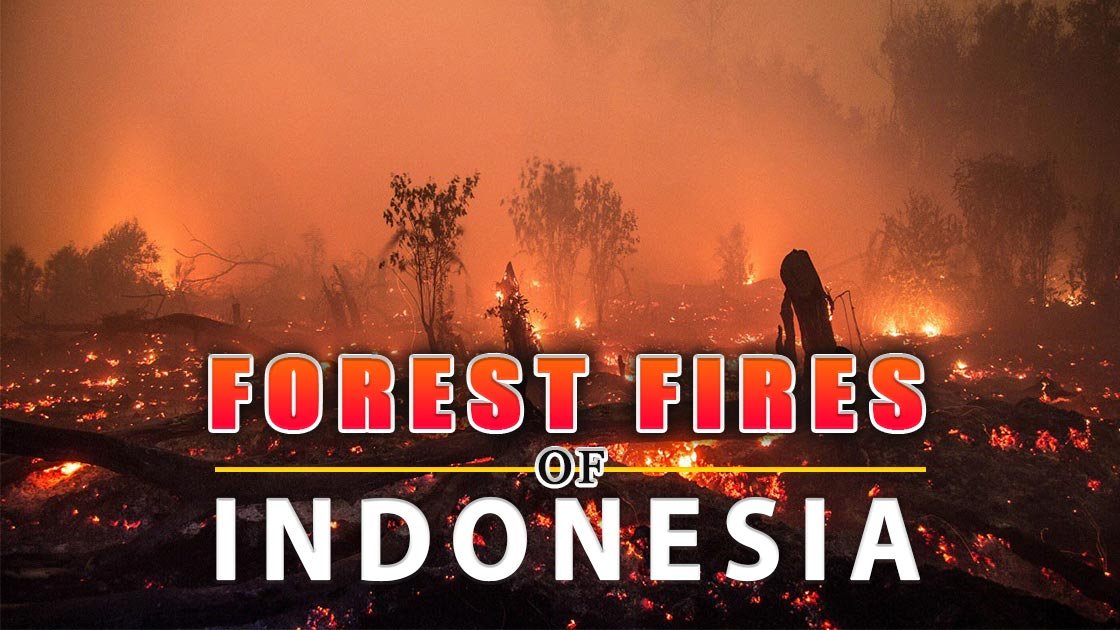Indonesia is one of the only countries actually reducing its deforestation rate. But with the arrival of the annual fire season and El Nino around the corner, the forest protection policies has been put to test. Indonesia is the world’s largest producer of pine oil and its land is mostly devoted to commercial plantation so to cope up with the increasing demand from all over the world farmers steadily burn down trees for harvesting especially in the tropical forests of Borneo to make room for more harvesting. Weak land tenure securities which causes differences between local communities and plantation owners where burning land becomes a weapon to pressurize each other further worsen the situation.The slash-and -burn agricultural practices are prevalent there which aggravates the prevalent conditions to the maximum level. Period from July to October is the period of dry season in Indonesia and this is also the time when the fire season is at its peak in South-East Asia.
This year the fire and the destruction caused by it is similar to the event of massive fire outbreak in 2015.More than 35000 fires have been detected in 2019 and air quality index suggest air pollution levels are hazardous. Exposure to toxic smoke has resulted in the worsening of the health of humans and animals.10 million children are put at risk. Forest fires in Sumatra and Kalimantan have been spewing toxic haze across south-east Asia. The schools and airports have been closed and thousands of firefighters to tackle them. There has been an increase in the number of cases dealing with respiratory illness. This fire has also wreaked havoc on the orangutan and other wildlife in the forest. The region has been covered in a thick blanket of smog. Eerie red skies have covered the parts of Indonesia. The red glow is caused as sunlight fragments through dense smoke particles. This phenomenon is also called ‘Mie Scattering’. Smaller particles of 0.05 micrometers or less have a tendency to scatter red light more in forward and backward directions than the blue light. The phenomenon does not modify the air temperature. There have been very thick smoke in Muaro, Jambi, area of Sumatra with satellite analysis revealing many hotspots.
This year the fire has also spread across Malaysia and Indonesia where the biggest city Kuala Lumpur has remained shut for a number of days. Malaysia has shut down hundreds of schools in the wake of increasing pollution. Singapore has sent a diplomatic note to Indonesia and has expressed concerns over the escalation of hot spots. It has also asked the government to give the name of the companies which are violating the norms and disrupting the environment so that the government of Singapore can take action against the defaulters under the Transboundary Haze Pollution Act(2014).
“This is the Earth, not Mars ,such comments showing the concerns of the people living in the area are being flooded on different social media accounts. Governments have to take note of the serious situations prevailing over us and should also be able to sense what kind of dystopian world is stored in future for us and the coming generation if such drastic conditions of environment remain. They have to come up with a proper plan to tackle such situations. Common people should also think that the earth is our home planet and not all the efforts to save the planet has to be done by the government and we should also put a check on the practices which are causing the degradation of the environment.
